Can Kuomintang’s new chairwoman unite the party and reconcile the China question?
Beijing welcomes her victory, while Kuomintang insiders express unease. The rise of the KMT’s new chairwoman, Cheng Li-wun, reflects shifting identities, widening generational divides, and Beijing’s recalibrated approach to Taiwan’s opposition. With her clear pro-China stance, what impact will her leadership have on Taiwan’s politics and society? Japanese scholar Yoshiyuki Ogasawara offers his perspective.
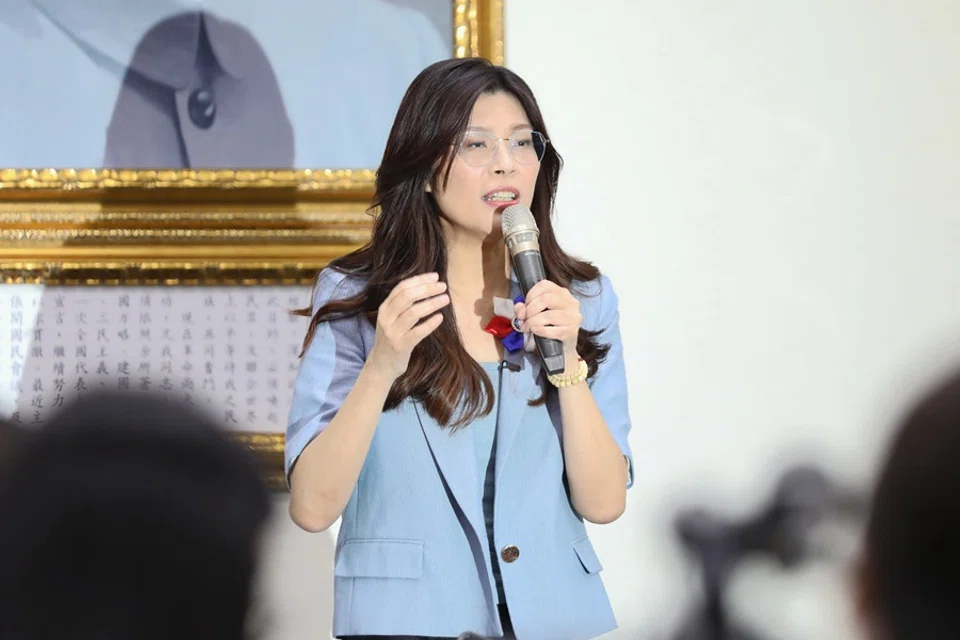
The Kuomintang (KMT) held its leadership election in Taiwan on 18 October, where former legislator Cheng Li-wun won decisively, securing 50.1% of party members’ votes. Hau Lung-bin came in second with 35.8%, followed by Lo Chih-chiang with 10.4%. Incumbent chair Eric Chu did not seek reelection.
Until September, Taichung Mayor Lu Shiow-yen had received overwhelming support within the KMT. However, after declaring that she would not run in the leadership election, the race became a six-way scramble. Initially, many believed that Hau, a veteran politician and the former mayor of Taipei, held the advantage. However, it was Cheng, not considered a powerful figure within the KMT, who made progress in the election campaign.
Cheng’s campaign outpaced her rivals with a savvy online strategy, using a stream of short, tightly edited videos — each about a minute long — to engage and mobilise supporters. This strategy helped Cheng rise to the top of the opinion polls among party members, leading to her election victory.
While caution is needed in defining what constitutes “pro-China”, Cheng’s remarks unmistakably represent a clear pro-China stance.
Cheng’s pro-China stance
During the election campaign, Cheng stated, “As leader of the KMT, I will ensure that all Taiwanese can proudly and confidently say, ‘I am Chinese.’ The KMT chair must have a clear Chinese identity.” While caution is needed in defining what constitutes “pro-China”, Cheng’s remarks unmistakably represent a clear pro-China stance.
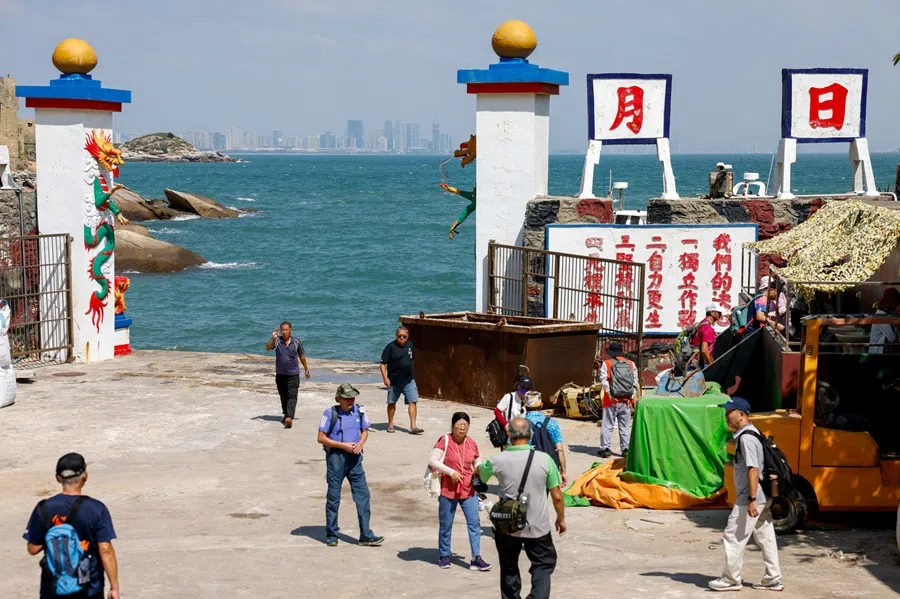
It is not since 2016, when Hung Hsiu-chu was elected chair, that a candidate has been elected by advocating a position leaning toward a Chinese identity. Since 2017, the three chairs — Wu Den-yih, Chiang Chi-chen (Johnny Chiang), and Eric Chu — have maintained a centrist stance.
Divisions within the KMT
During this election, a notable allegation emerged within the party that “China is interfering in the leadership election”. The allegation came from one of the candidates’ camps. Chao Shao-kang, a supporter of Hau, claimed that accounts based in China and overseas were massively sharing Cheng’s videos and posts while targeting Hau with criticism. Chao, the KMT’s vice presidential candidate in the 2024 presidential election, is a representative of “deep-blue” voters (the party’s most ardent supporters).
Immediately following Cheng’s election victory, President Xi Jinping sent a congratulatory telegram as General Secretary of the Chinese Communist Party (CCP). The telegram read (excerpt), “We hope that the two parties (the KMT and the CCP) will adhere to the common political foundation, strengthen their resolve and spirit as Chinese people, deepen their exchanges and cooperation, and promote national unification.”
There was a swirl of dissatisfaction among these party members with the establishment faction within the party that took a moderate line, as well as a desire for change.
Comparing this message with Cheng’s comments during the election period makes it clear that Cheng’s words and actions align with China’s expectations. The defining feature of this KMT leadership election is that a candidate favourable to China was elected with the support of Chinese online manipulation efforts.
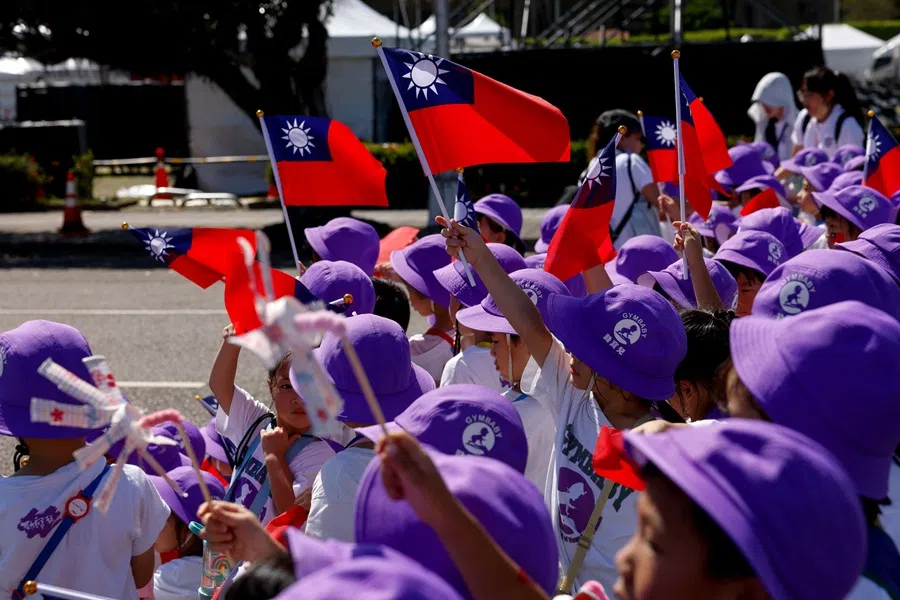
However, attributing Cheng’s election solely to Chinese intervention would be inadequate. Cheng’s rapid rise in popularity also reflects the internal party situation and her own characteristics as a candidate.
For one, the KMT’s membership is ageing; reportedly, two-thirds of its members are over 65 years old. These older party members have a strong Chinese identity, which exacerbates their discomfort with the current state of Taiwanese society, where Taiwanese identity has become widespread. There was a swirl of dissatisfaction among these party members with the establishment faction within the party that took a moderate line, as well as a desire for change.
Which way will Cheng lead the KMT?
Regardless of who becomes chair, the KMT’s overall direction will remain the same: solidifying an opposition coalition with the Taiwan People’s Party (TPP), winning the local elections in 2026, and aiming for a change in government during the 2028 presidential election. However, with Cheng as chair, two different outlooks have emerged.
The outlook will change dramatically depending on whether: one, Cheng takes the lead and guides the party toward a pro-China stance, or two, she adjusts her approach, takes a step back, and focuses on election preparations behind the scenes.
Based on observations of the election campaign, it seems likely that she will take the first approach. However, since her strategic perspective and the staff supporting her as chair are still unknown, I would like to avoid making any hasty assertions.
In this case, the KMT would be in direct conflict with the opinions of the majority of the Taiwanese public, which would increase the likelihood of Lai Ching-te’s reelection as president of Taiwan.
Now, let us consider these two scenarios in relation to the 2028 presidential election.
The KMT’s preferred outcome is the second scenario: a division of labour in which Cheng solidifies the “deep-blue” voter base, Lu Shiow-yen broadens support among centrist voters by advocating for the status quo, and the TPP leader Huang Kuo-chang secures the backing of Ko Wen-je’s young supporters. This would expand support for the opposition parties and bring about a change of government, making it the KMT’s golden scenario.
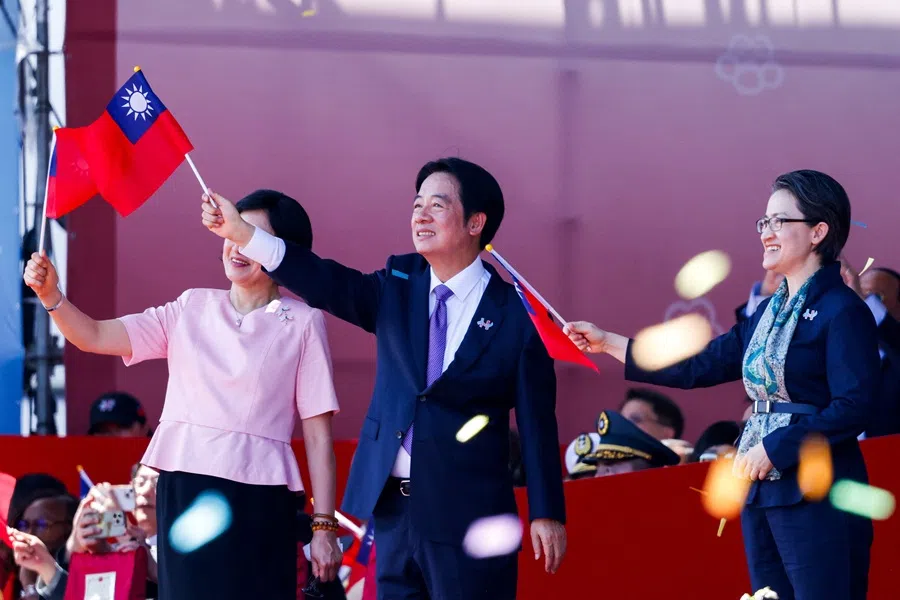
The opposite scenario is also possible. In the first option, Cheng would promote a “Chinese identity” and try to change Taiwan’s public opinion. Past public opinion polls have made it clear that the majority of Taiwanese people support maintaining the status quo and identify as Taiwanese, not Chinese. It is unlikely that this structure will change significantly in two years.
In this case, the KMT would be in direct conflict with the opinions of the majority of the Taiwanese public, which would increase the likelihood of Lai Ching-te’s reelection as president of Taiwan. This would create a negative scenario for the KMT, despite growing dissatisfaction with the prolonged Democratic Progressive Party (DPP) rule. In reality, the outcome may lie somewhere between these two extreme scenarios.
Furthermore, if Cheng insists on maintaining her leadership position, she could create friction with Lu Shiow-yen, the leading presidential candidate.
Impact on local elections
Cheng has voiced support for forming an opposition coalition with the TPP. However, given differing local dynamics across KMT-held counties and cities, yielding seats to the TPP in next year’s local elections to “strengthen the opposition alliance” could prove highly challenging. Furthermore, if Cheng insists on maintaining her leadership position, she could create friction with Lu Shiow-yen, the leading presidential candidate. The KMT’s presidential candidate nomination process has been disrupted three times in a row.
Taiwan’s domestic politics seemed to be shifting in favour of the KMT following its resounding victory in the mass electoral recall campaign in July and August of this year. However, Cheng’s election introduced an additional element of uncertainty. Currently, it is unclear which party will prevail in the power struggle between the ruling and opposition parties. Cheng’s policies will be extremely important, and her abilities will be put to the test immediately.
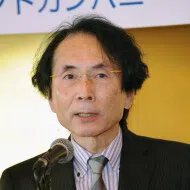




![[Big read] When the Arctic opens, what happens to Singapore?](https://cassette.sphdigital.com.sg/image/thinkchina/da65edebca34645c711c55e83e9877109b3c53847ebb1305573974651df1d13a)